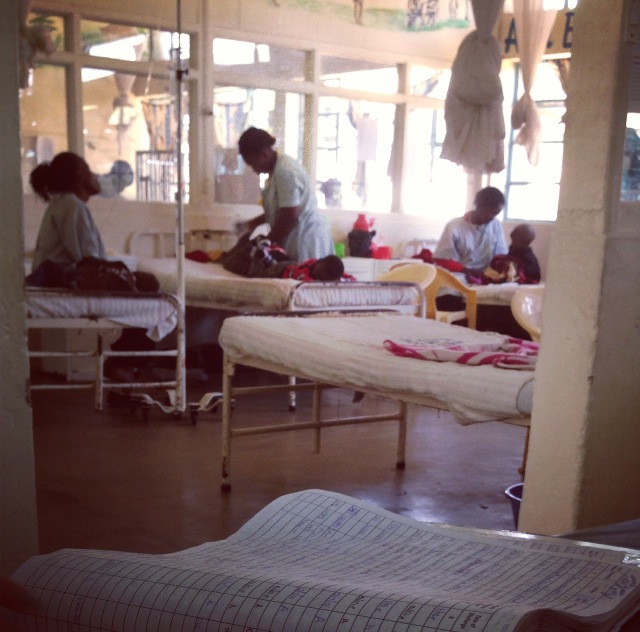I spent this summer working with a post-doctorate researcher in the Ecology and Evolutionary Biology Department (EEB) who is conducting a study of febrile illness in pediatric patients in Laikipia District, Kenya. As a premedical student, my interests in EEB lie primarily in infectious disease dynamics, so I felt this experience would be a good fit for me.
Going into this summer, I knew that collecting data for my thesis would be both challenging and rewarding. I expected that collecting data would be challenging—that it would be difficult to choose my topic, decide what questions to ask, think about what information to collect and organize methods to collect it. I expected that especially collecting this data in Kenya would prove challenging—inevitably, it would be difficult to work around language barriers, find equipment and set up the study. I also expected that it would be rewarding to begin to organize my data and find connections.
What I didn’t really consider, however, was the fact that day-to-day life in the ward would prove more challenging and more rewarding than all that. I guess I had been so caught up in the process of planning this summer that I had forgotten to think about the experience itself.

I spent most of my days in the ward enrolling patients and working with doctors to collect samples. Although the ward was busy, it was also small. It didn’t take long to get to know all of the staff and learn the stories of most of the patients who came through. As it turned out, what was most challenging about the research experience was not the research itself. What was most challenging was learning how understaffed and under-equipped the hospital was, knowing that many children wouldn’t receive proper care because their mothers couldn’t pay for critical tests (often costing less than US$10), and knowing how little there was that I could do about it.
What was most rewarding was getting to know some of the patients and their mothers, and briefly to share their moments of recovery and relief. For me, my research experience was much less about what I was doing and much more about why I was doing it. My day-to-day experience in the ward forced me to think beyond the limits of my research and to consider more broadly the issues facing healthcare delivery in a developing nation—to think about the socioeconomic, political, cultural and structural barriers to healthcare, and to consider how some of these barriers might be broken down.
This summer is an experience that I know I will hold with me not only as inspiration as I write my thesis, but also as a reminder of why I want to pursue a career in medicine and public health.






